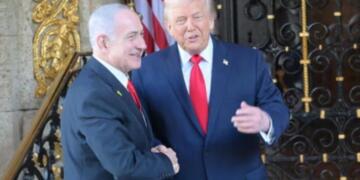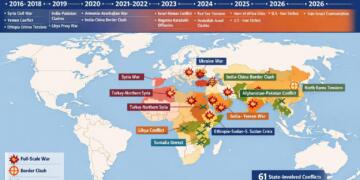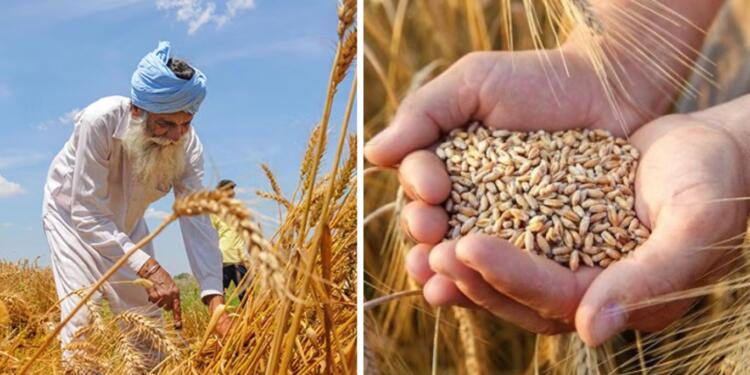In a move perceived as politically motivated, China has disrupted exports of key specialty fertilisers to India, potentially affecting high-value crop cultivation ahead of the critical kharif season. While other countries continue receiving shipments, Indian importers report an abrupt suspension with no official explanation—raising concerns of targeted trade obstruction.
India Faces Disruption, But Not Defeat
The fertilisers in question, which include micronutrient-rich and water-soluble varieties, are essential for India’s fruit and vegetable growers. Unlike mass-market urea or DAP, these specialty inputs are harder to substitute quickly. However, India’s agribusiness sector has remained resilient—quickly exploring alternative suppliers in Russia, Morocco, and the Gulf.
Senior officials assert that while the disruption poses challenges, India has the capacity to adapt. “China cannot hold Indian agriculture hostage,” said a source familiar with the matter, citing efforts to boost domestic production and streamline alternative import routes.
Pattern of Selective Trade Pressure
This incident follows recent Chinese restrictions on rare earth materials like magnets, which are essential for Indian electronics and defence manufacturing. Experts suggest a pattern in which China uses export dependencies as tools of strategic coercion—especially in sectors where India has so far been import-reliant.
Yet India has increasingly demonstrated the political and economic will to de-risk these dependencies, part of a broader “Aatmanirbhar Bharat” (self-reliant India) push. From defence electronics to agricultural inputs, the nation is working to localize production and reduce supply chain vulnerabilities.
Strategic Clarity Over Strategic Ambiguity
While Beijing has not officially cited reasons for the fertiliser curbs, analysts believe the move reflects underlying tensions in the bilateral relationship. India, however, has refused to be drawn into a trade tit-for-tat and is instead leveraging diplomacy and diversification to blunt the impact.
The fertiliser disruption may cause temporary price pressures, but Indian authorities are already acting to shield farmers and maintain input availability. Emergency import channels, buffer stock policies, and coordinated state-level efforts are being put in place.
Bottom Line
India views China’s move not as a threat, but as a prompt to accelerate supply chain independence. With timely intervention, diversification, and policy support, India is turning this challenge into an opportunity to fortify its agricultural and economic sovereignty.

























